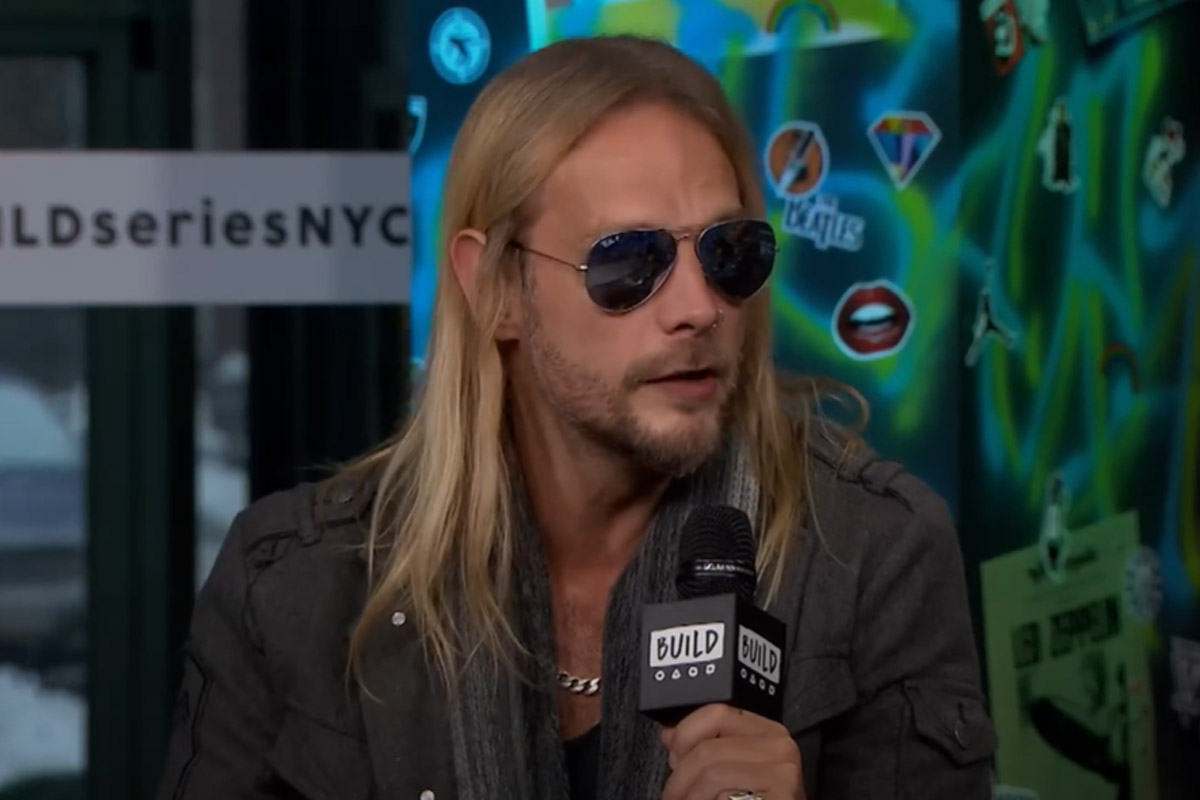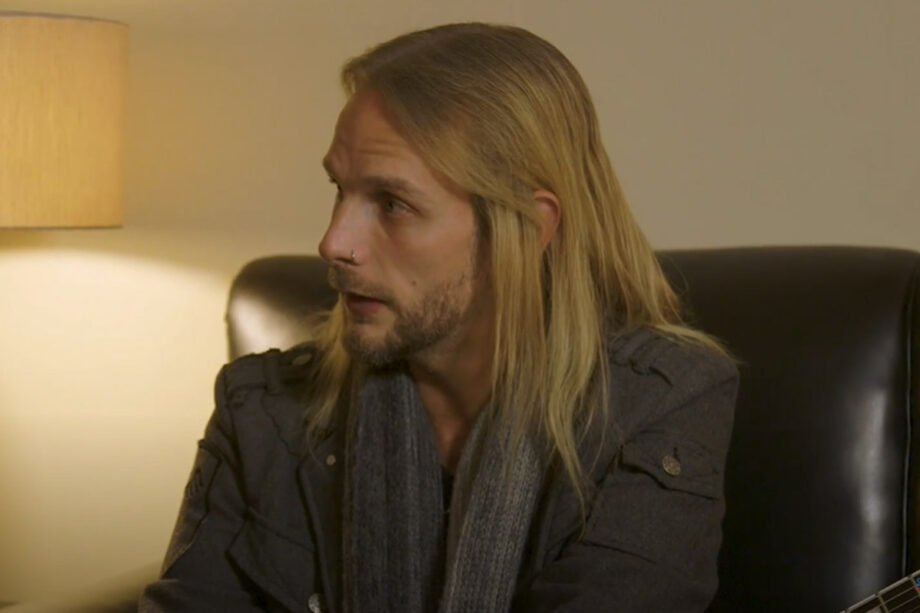Judas Priest guitarist Richie Faulkner disclosed serious health complications in a recent interview with Premier Guitar. The complications emerged following his 2021 aortic dissection surgery. Multiple strokes in the months after his initial emergency surgery led to permanent neurological effects impacting his right side.
“We went back out on the road in 2022 and have kind of been on the road since. But there’s a bit of collateral damage,” Faulkner revealed. “Well, not a lot of people know — some nearest and dearest, they know about it.”
“I haven’t felt comfortable up until this point explaining what happened,” he continued. “So long story short, we went into the hospital — this was a month after the surgery — we went back in, and it was the last thing I wanted to do.”
Medical professionals initially diagnosed Faulkner with a TIA (transient ischaemic attack). They later confirmed it was an actual stroke, resulting in permanent damage to the left side of his brain. Faulkner has continued performing with Judas Priest while adapting to the physical changes affecting his right hand and foot.
Musicians facing serious health challenges while maintaining their professional careers forms the broader context of this revelation.
Initial Health Crisis

Loudwire reported that Faulkner’s health crisis began during a performance at the Louder Than Life Festival in 2021. He suffered an acute aortic dissection on stage and required immediate emergency surgery.
Medical professionals later discovered the initial incident had triggered several complications. These included multiple small strokes during his recovery period.
Impact On Performance And Mental Health

MetalSucks highlighted Faulkner’s discussion about his condition’s psychological impact. He expressed concerns about his performance capabilities and how fans and sponsors might perceive him.
Faulkner sometimes felt like a ‘fraud’ on stage. His determination to continue performing, however, demonstrates remarkable resilience in facing these health challenges.
Precedent In The Music Industry

Ultimate Classic Rock drew parallels between Faulkner’s situation and other musicians who overcame serious health setbacks. Bret Michaels of Poison, for instance, successfully returned to performing after a near-fatal brain hemorrhage in 2010.
These cases highlight the music industry’s increased awareness of the health challenges faced by performing artists. They also emphasize the importance of supporting musicians through their recovery journeys.





